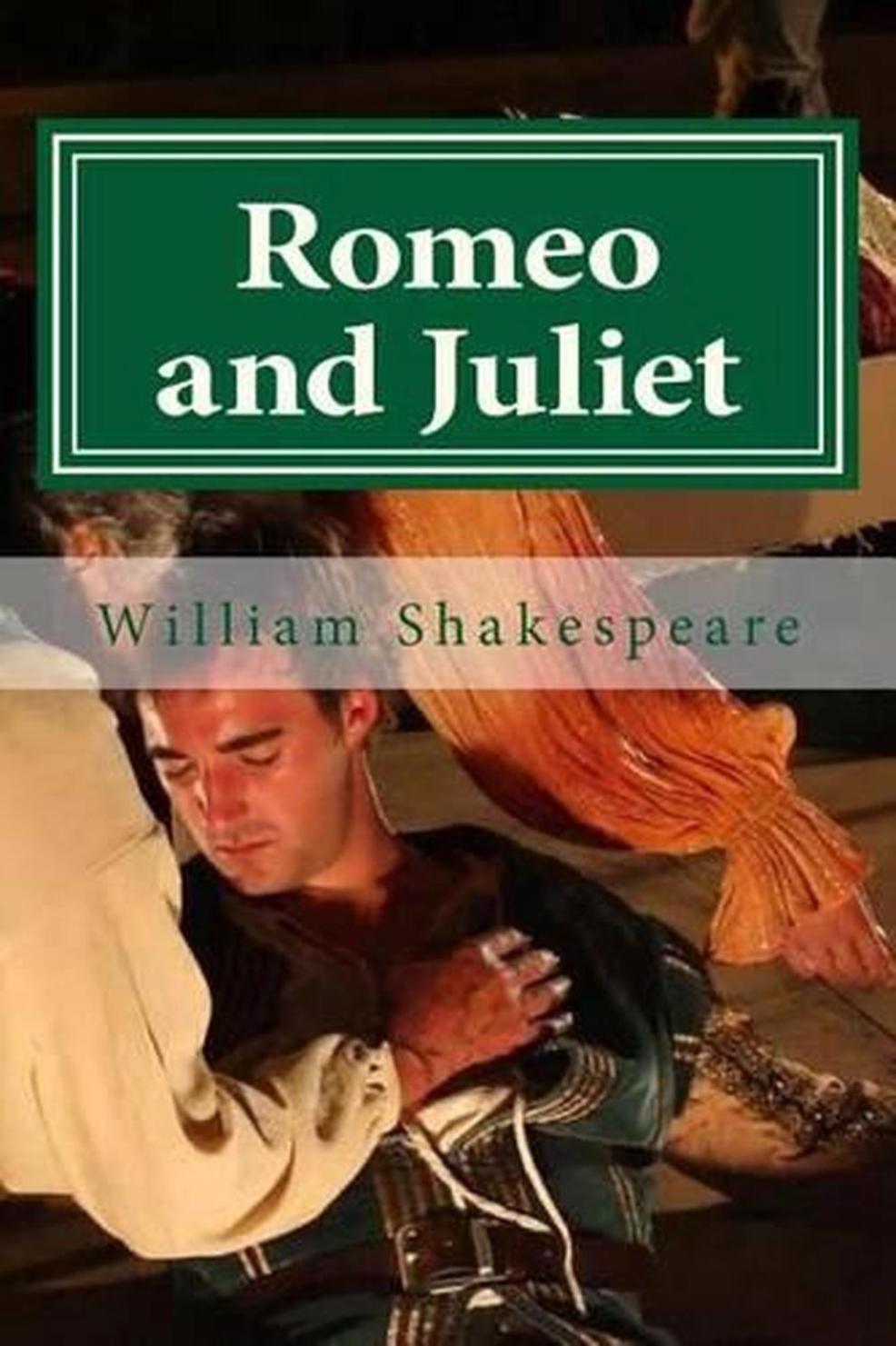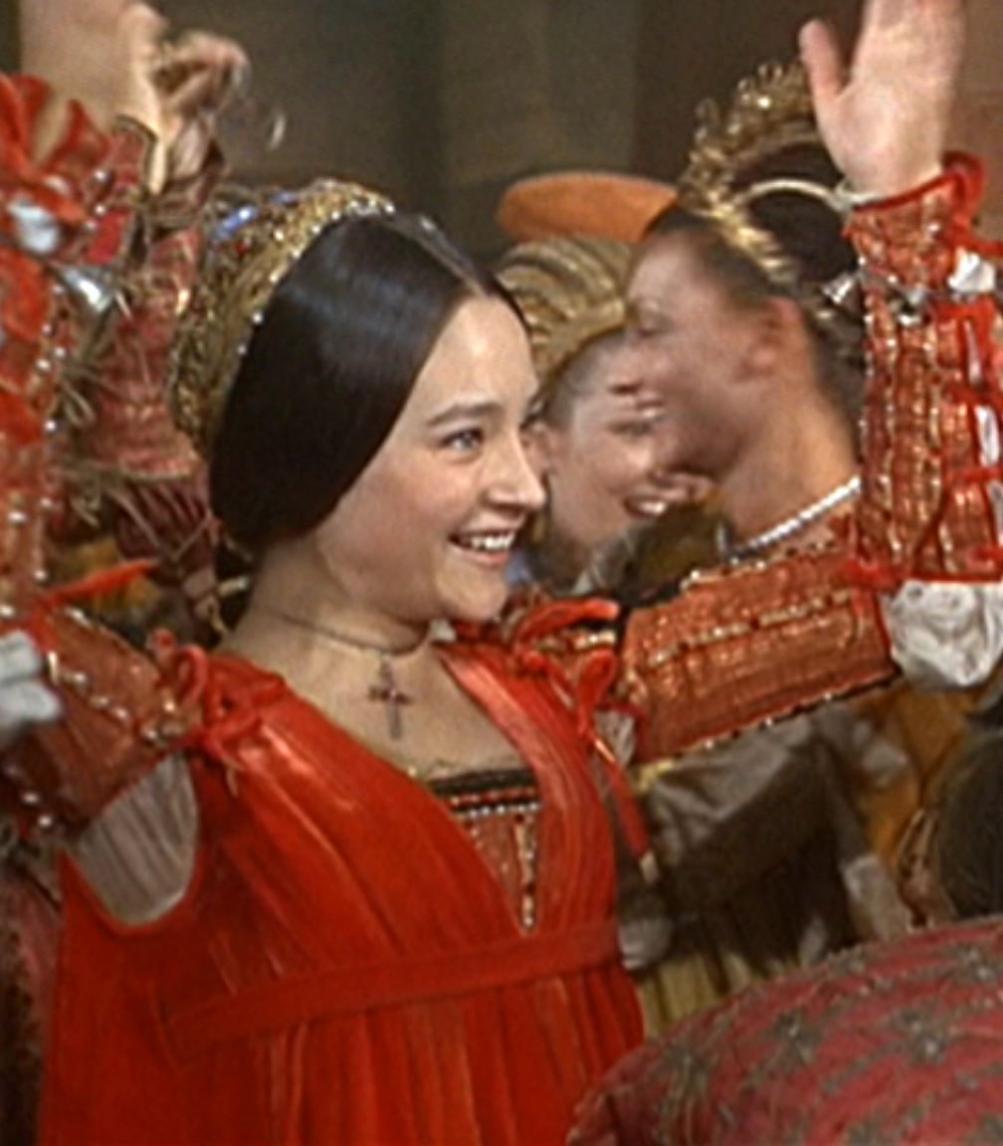What are the Major Themes Explored in Romeo and Juliet?
As one of Shakespeare's most renowned and enduring tragedies, Romeo and Juliet delves into a multitude of profound themes that resonate with audiences across time and cultures. This article aims to shed light on the major themes explored in the play, examining their significance and relevance to modern readers.

Romeo and Juliet explores several major themes, including love, fate, and the consequences of impulsive actions. These themes are intricately interwoven throughout the play, shaping the characters' decisions and ultimately leading to the tragic outcome.
I. Love
- The intense and passionate love between Romeo and Juliet: The play portrays a love that is all-consuming and overwhelming, transcending societal boundaries and familial feuds.
- The transformative power of love: Romeo and Juliet's love transforms them, leading to personal growth and a deeper understanding of themselves and the world around them.
- The obstacles to their love, including their feuding families: The feud between the Montagues and Capulets creates insurmountable barriers to Romeo and Juliet's love, leading to secrecy, deception, and ultimately tragedy.
- The tragic consequences of their love: The intensity of Romeo and Juliet's love ultimately leads to their downfall, as they are unable to overcome the forces that oppose their union.
II. Fate
- The role of fate in the play: The play suggests that fate plays a significant role in the lives of Romeo and Juliet, shaping their destiny and leading them towards their tragic end.
- The lovers' belief in destiny: Romeo and Juliet believe that their love is fated and that they are destined to be together, despite the obstacles that stand in their way.
- The sense of inevitability surrounding their relationship: The audience is given a sense of foreboding throughout the play, as it becomes increasingly clear that Romeo and Juliet's love will ultimately lead to tragedy.
- The tragic outcome as a result of fate: The play's tragic is seen as a consequence of fate, as the lovers are unable to escape their predetermined destiny.
III. Impulsive Actions
- The impulsive nature of Romeo and Juliet's relationship: Romeo and Juliet's love is characterized by its impulsivity and spontaneity, leading them to make rash decisions that have far-reaching consequences.
- The hasty decisions they make, such as their secret marriage: The lovers' decision to marry in secret is a prime example of their impulsive nature, as they fail to consider the potential repercussions of their actions.
- The consequences of their impulsive actions, including their deaths: The impulsive decisions made by Romeo and Juliet ultimately lead to their tragic deaths, highlighting the dangers of acting without careful consideration.
- The exploration of the theme of rashness and its repercussions: The play explores the theme of rashness and its consequences, cautioning against making impulsive decisions without fully understanding their potential outcomes.
IV. Family And Societal Pressures
- The feud between the Montagues and Capulets: The long-standing feud between the Montagues and Capulets creates a hostile environment for Romeo and Juliet's love, making it nearly impossible for them to be together.
- The pressure on Romeo and Juliet to conform to societal expectations: Both Romeo and Juliet face pressure from their families and society to conform to traditional gender roles and societal norms, which further complicates their relationship.
- The conflict between personal desires and societal norms: The play explores the conflict between personal desires and societal norms, as Romeo and Juliet struggle to reconcile their love with the expectations placed upon them by their families and society.
- The tragic consequences of their families' feud: The feud between the Montagues and Capulets ultimately leads to the tragic deaths of Romeo and Juliet, highlighting the devastating consequences of societal divisions and hatred.
V. Gender Roles
- The traditional gender roles in Verona: The play portrays the traditional gender roles that are prevalent in Verona, with men expected to be strong and aggressive, while women are expected to be submissive and chaste.
- Juliet's challenge to these roles through her pursuit of love: Juliet challenges these traditional gender roles by actively pursuing her love for Romeo, defying societal expectations and asserting her own agency.
- Romeo's struggle to reconcile his love for Juliet with societal expectations: Romeo struggles to reconcile his love for Juliet with the societal expectations placed upon him as a man, leading to inner conflict and turmoil.
- The exploration of the theme of gender and its impact on relationships: The play explores the theme of gender and its impact on relationships, examining how traditional gender roles can shape and constrain romantic relationships.
Romeo and Juliet is a timeless masterpiece that delves into a multitude of profound themes, including love, fate, impulsive actions, family and societal pressures, and gender roles. These themes are intricately interwoven throughout the play, shaping the characters' decisions and ultimately leading to the tragic outcome. The play's exploration of these themes continues to resonate with audiences today, making it a relevant and thought-provoking work of literature.
The themes explored in Romeo and Juliet provide valuable insights into the human condition, reminding us of the power of love, the inevitability of fate, and the consequences of impulsive actions. The play's enduring popularity is a testament to its ability to capture the complexities of human relationships and emotions, making it a timeless classic that continues to captivate audiences worldwide.

YesNo

Leave a Reply